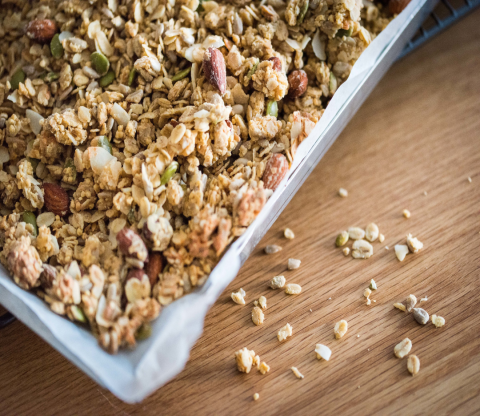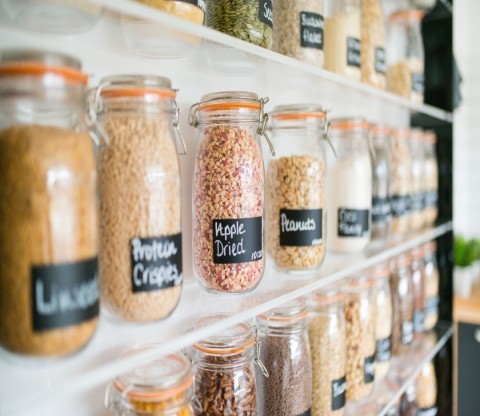deliciously uplifting
We take inspiration from nature, crafting delicious bars and cereals using simple ingredients. When nature tastes so good, why over complicate it?
Selected ingredients shown for flavour representation
We take inspiration from nature, crafting delicious bars and cereals using simple ingredients. When nature tastes so good, why over complicate it?








